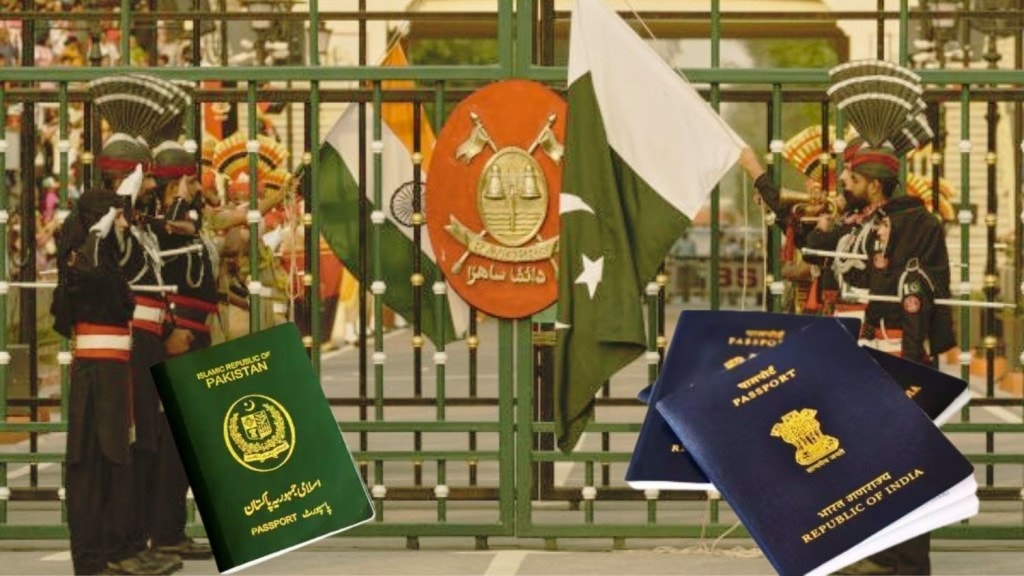A citizenship debate is what the country is discussing at present due to the Special Intensive Revision (SIR) in Bihar and opposition’s charges against the exercise being done by the Election Commission of India (ECI). While political parties are busy covering their sides of the story, a tale of two sisters in Kerala has come to light that explains how one document can change your entire life.
Living in Kerala since 2008, these Pakistani sisters are now seeking to become Indian citizens, but are currently stateless. Reason – they do not have a document that could prove they have renounced their Pakistani citizenship, reported BBC.
The women recently told a court that they surrendered their passports to the Pakistan High Commission in India in 2017, but since they were under 21 years, the minimum age for renouncing citizenship in Pakistan, the high commission did not provide them renunciation certificates at the time, the report quoted them as saying.
Another attempt goes in vain
Once they turned 21, the two sisters approached the High Commission again, only to get a no. The High Commission still refused to grant the certificate without giving any explanation, the petitioners’ mother, Rasheeda Bano told BBC.
Bano and her son are now Indian citizens but her daughters have been fighting for the same for years. She said that the constant struggle has severely impacted her daughters’ lives and they are unable to even apply for passports.
Legal route provides no help
The mother of the two women asked the Pakistani High Commission to return the passports if they can not provide the renunciation certificate. But her request was denied, the report said. Now, what the sisters have is a certificate given by the high commission in 2018 which states that they have submitted their passports and Pakistan has no objection if they are granted Indian citizenship.
However, this is not helping them at all as the Indian authorities have refused to accept this in place of a renunciation certificate. The sisters then moved the court. A single-judge bench of the Kerala High Court last year ruled in their favour and asked the government to provide them citizenship.
“It would be directing them to do the impossible,” the court observed. But the Home Ministry appealed against the order and a two-judge bench of the same HC overturned the order.
“For a person to be considered a citizen of India, they must be recognised as such by the Indian state alone, without any competing claims from another country’s government,” it said, quoted BBC. “The formal renunciation process is the mechanism that ensures this legal clarity,” the court added.
What is renunciation?
Pakistan’s rules say that people under the age of 21 cannot renounce their citizenship independently. But their names can be included in the renunciation application filed by their father. The father of two sisters in this case is Mohammed Maroof.
BBC stated that Maroof was born in Kerala but was adopted by his grandmother after he was orphaned at the age of nine. The woman migrated to Pakistan in 1977 and took him along.
The sisters’ mom said her parents were also Indians but they got stuck in Pakistan when they came to visit their relatives in 1971, during the India-Pakistan war. Despite many attempts, it was difficult for them to return so they applied for Pakistani citizenship.
Bano and Maroof, who have four children, moved to India in 2008 on long-term visas. But since Maroof was unable to adjust to life in India, he returned to Pakistan. Bano and her son were eventually granted Indian citizenship, but her daughters’ fate has been in limbos.
India-Pakistan ties recently witnessed another tense phase after terrorists from across the border entered Indian territory and killed 26 tourists in Jammu and Kashmir’s Pahalgam. India put the Indus Waters Treaty (IWT) in abeyance and ended all kinds of ties with Pakistan.
India also launched Operation Sindoor to attack terror bases in PoK. Now, India has made it clear that unless Pakistan doesn’t stop breeding terrorists, New Delhi won’t talk to it on any matter.
The worsening ties have now made it harder for people to get citizenship due to increased scrutiny of documents.
